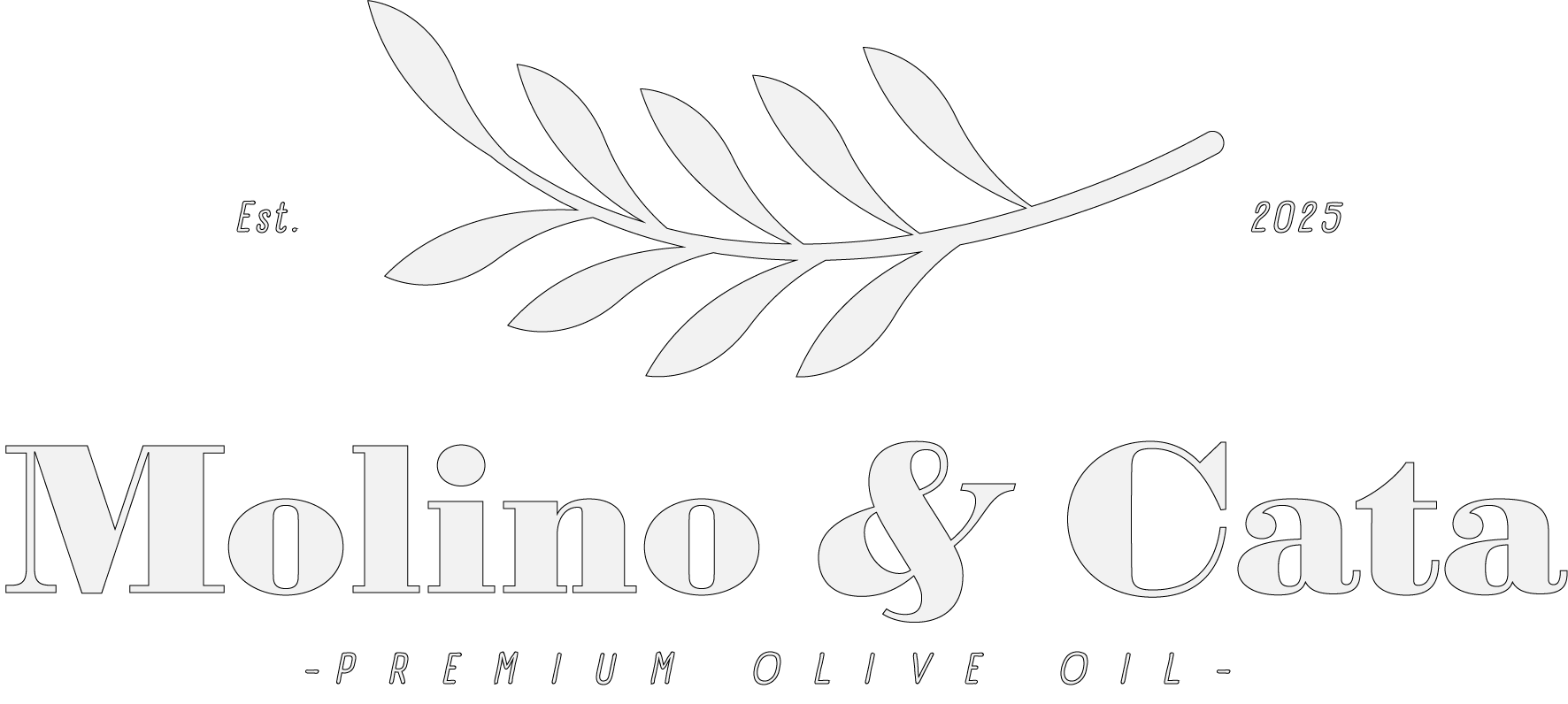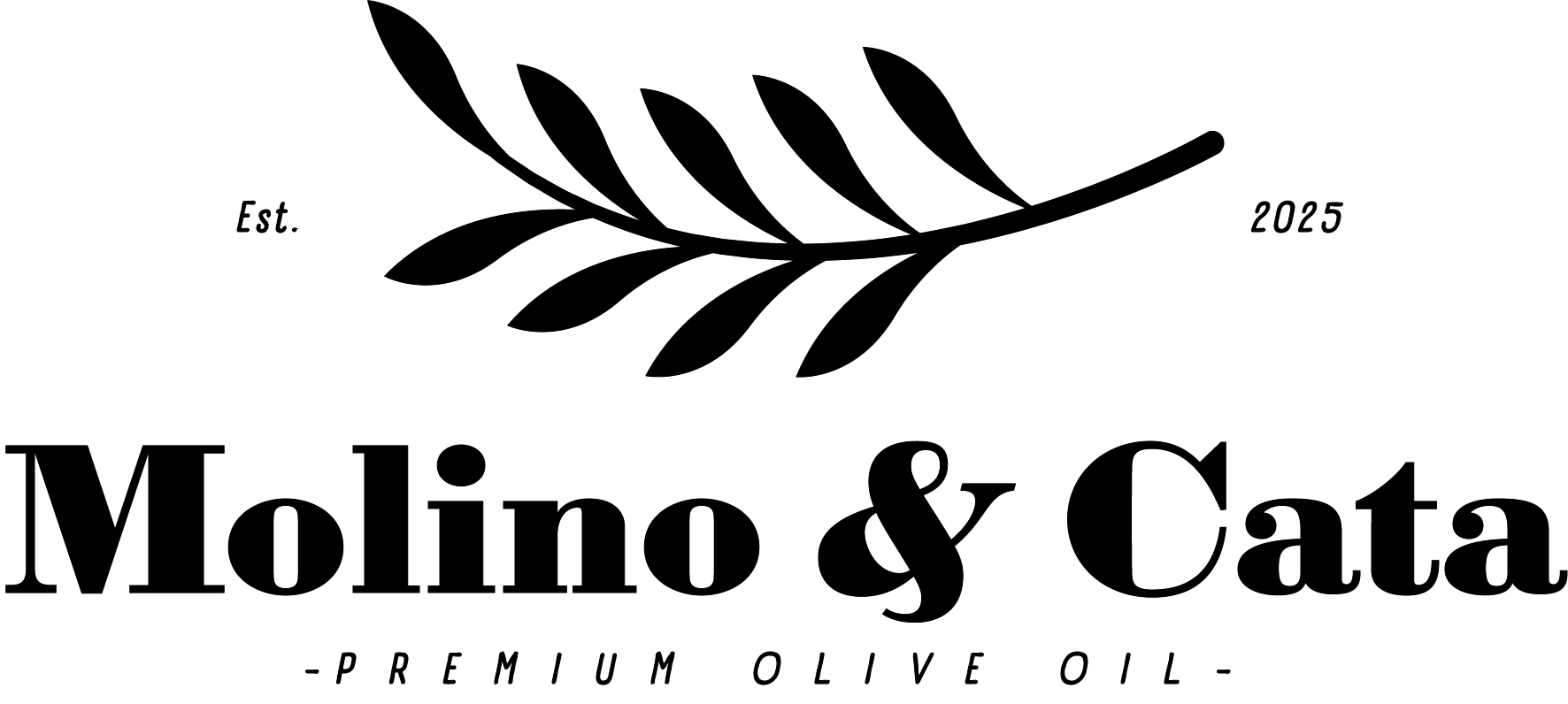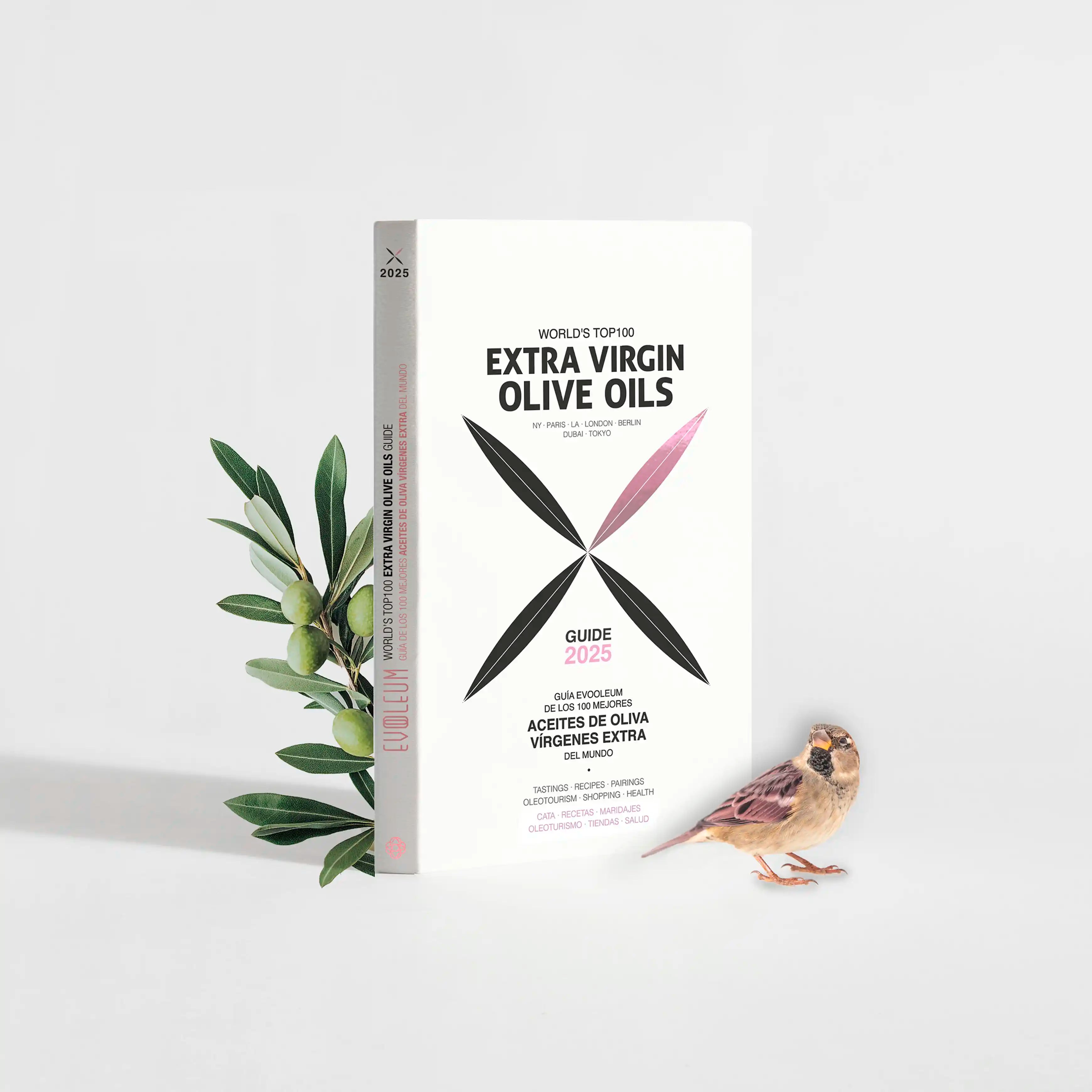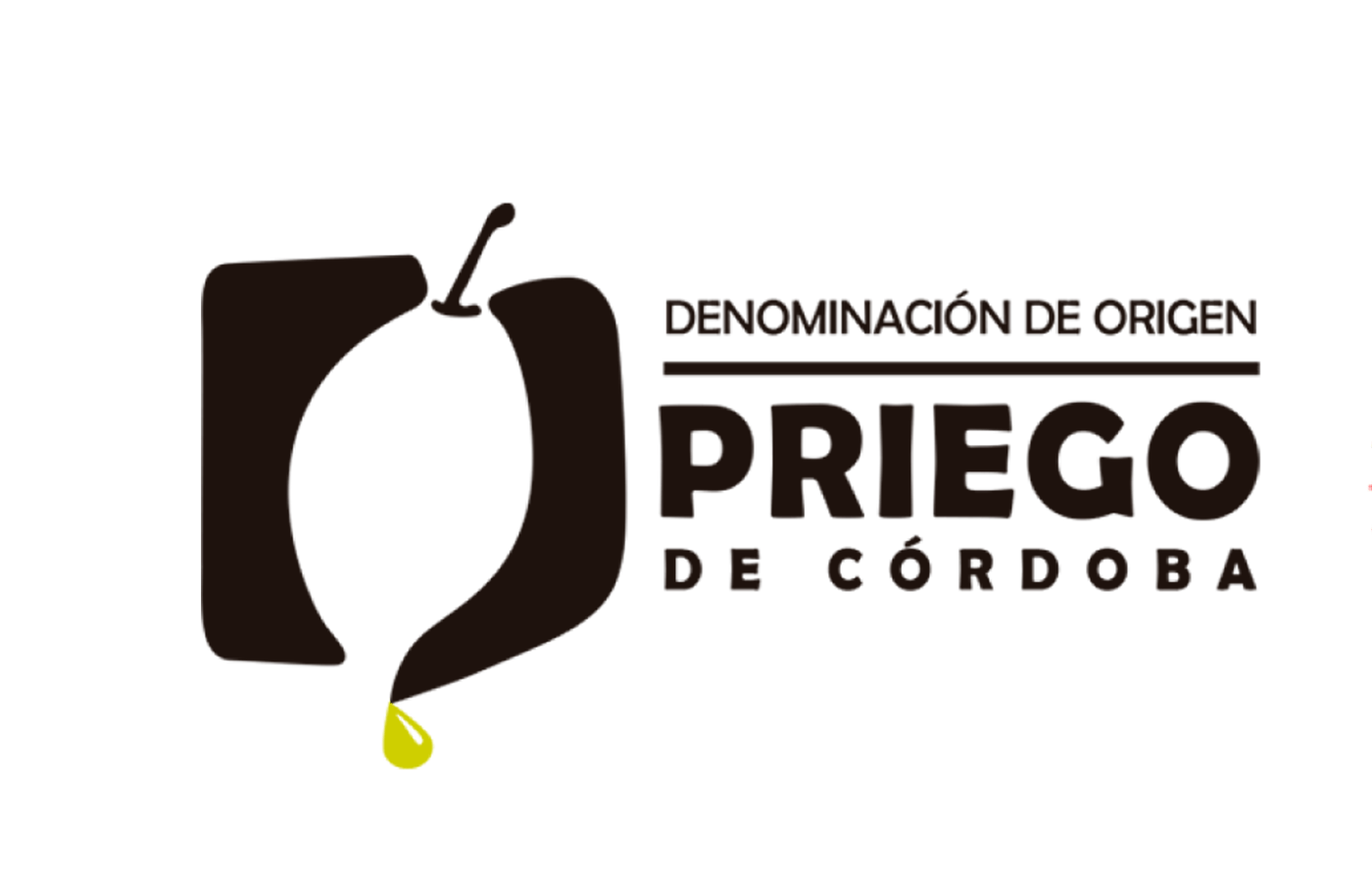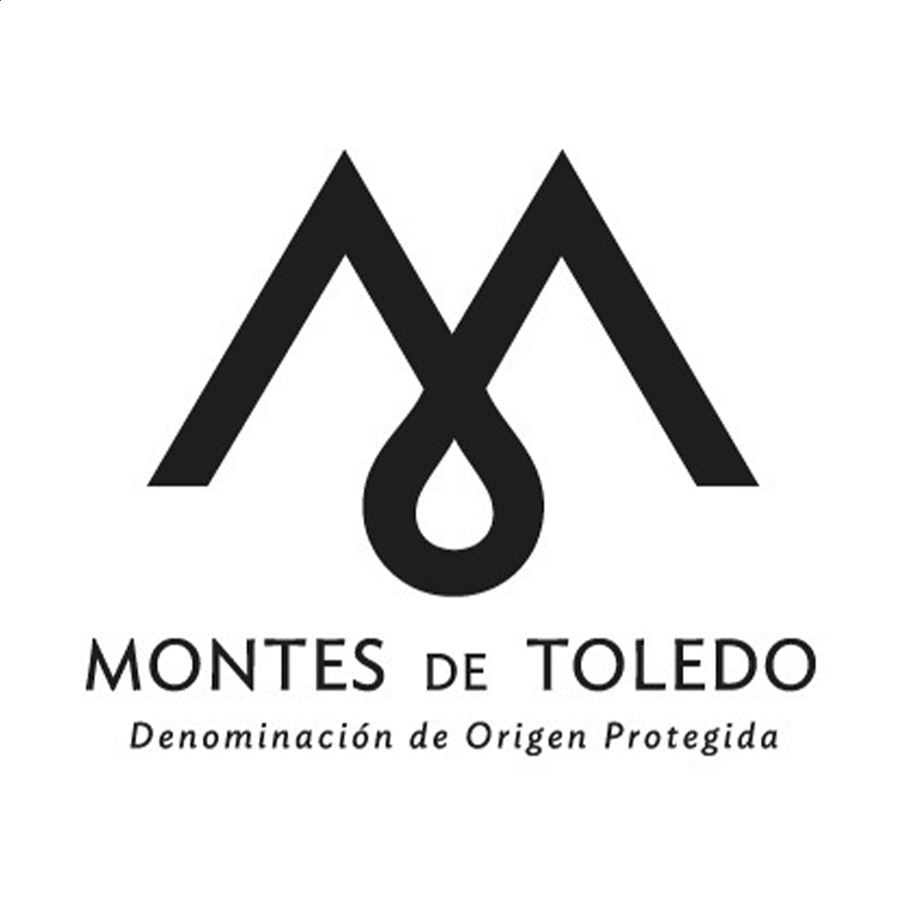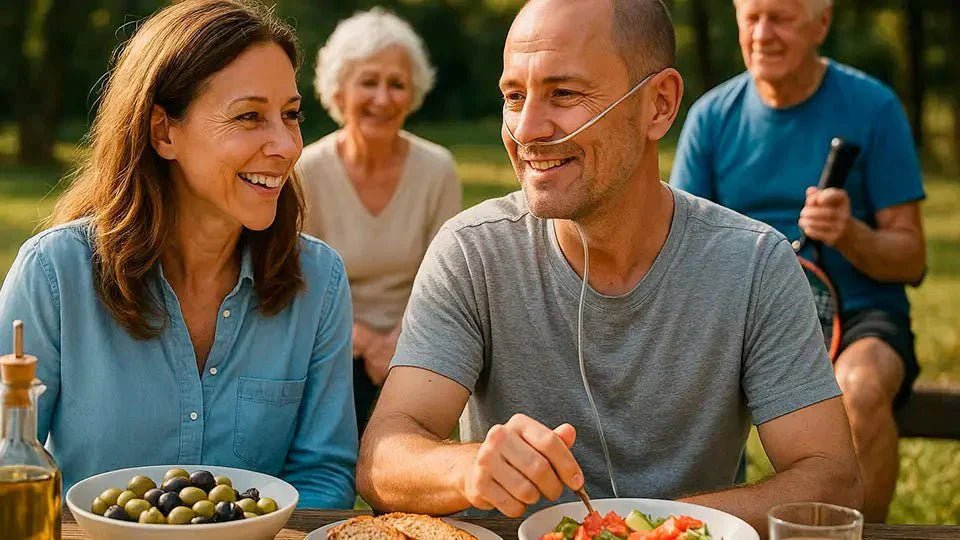
Health benefits of olive oil
Extra virgin olive oil (EVOO) offers numerous science-backed benefits: it protects the heart, fights inflammation, boosts immunity, supports digestion, aids weight control, and enhances brain health.
We’ve prepared this expert article to give you easy access to all the available information on the health benefits of olive oil consumption, along with scientific sources supporting each one.
Scientifically Validated Health Benefits of Extra Virgin Olive Oil
Cardiovascular Health
Daily consumption of extra virgin olive oil significantly reduces LDL (“bad”) cholesterol, increases HDL (“good”) cholesterol, and improves blood pressure. According to the PREDIMED study, following a Mediterranean diet rich in EVOO reduces cardiovascular risk by up to 30% (source).
Prevention of Certain Types of Cancer
Multiple studies support that the polyphenols and antioxidants in EVOO protect against cellular damage and may reduce the risk of certain diet-related cancers, such as breast and colon cancer.
A Mediterranean diet supplemented with EVOO reduced invasive breast cancer incidence by 68% compared to the control group (source). Higher olive oil intake was associated with a 31% lower risk of developing any type of cancer (RR = 0.69) (source).
Weight Control and Satiety
Thanks to its monounsaturated fats, EVOO enhances satiety, helping control appetite and supporting healthy weight loss.
Each extra ½ tablespoon (~7g) of EVOO per day is associated with 0.09 kg less weight gain; replacing butter or margarine with EVOO further reduces weight gain (source).
A diet enriched with olive oil reduces weight (-0.92 kg), BMI (-0.90), and waist circumference (-0.6 cm) compared to control diets without specific energy restrictions (source).
Brain Health and Alzheimer’s Prevention
Regular EVOO consumption may help prevent neurodegenerative diseases such as Alzheimer’s by improving memory and protecting against cognitive decline (source).
A randomized study found that a Mediterranean diet with 4 tablespoons/day of EVOO significantly improved memory and executive function in older adults compared to a low-fat control group (source).
Another meta-analysis confirmed that high-phenolic EVOO improves various cognitive domains and slows mild cognitive impairment (source).
Digestive and Gut Health
Olive oil promotes digestion, stimulates bile production, protects the gastric mucosa, and helps prevent constipation, supporting overall digestive wellness.
Regular EVOO intake positively modulates gut microbiota (↑ Bifidobacterium, Lactobacillus) and strengthens intestinal barrier integrity, reducing inflammation and improving nutrient absorption (source).
In colitis models, EVOO reduced colon inflammation, improved intestinal morphology, and lowered inflammatory markers IL-1β and IL-6, indicating its protective effect (source).
Liver and Gallbladder Protection
The evidence linking EVOO with non-alcoholic fatty liver disease (NAFLD) is growing stronger. In the NUTRIHEP cohort (n=1,426), women in the highest EVOO intake quartile had a 28% lower risk of NAFLD (source).
A randomized controlled trial in 66 NAFLD patients showed that adding EVOO to a hypocaloric diet reduced liver fat and improved liver enzymes (source).
Additionally, the PREDIMED trial found that a Mediterranean diet rich in EVOO was associated with lower prevalence of steatosis in older adults at cardiovascular risk. EVOO consumption also supports gallbladder emptying and may prevent gallstones (source).
Blood Sugar Regulation and Type 2 Diabetes
Incorporating EVOO into the diet improves insulin sensitivity and stabilizes blood glucose, especially beneficial for people with type 2 diabetes.
The PREDIMED-Reus sub-study showed that a Mediterranean diet with ~1L/week of EVOO reduced diabetes incidence by 51% compared to a low-fat diet (source).
A 2025 meta-analysis found that 20g/day of EVOO reduced diabetes risk by 22% for every additional 25g consumed daily (source).
In people already diagnosed, EVOO improved glycemic control, lowering HbA1c (-0.27%) and fasting glucose levels (source).
Anti-inflammatory Effects (Oleocanthal)
Oleocanthal, a compound found in EVOO, has anti-inflammatory effects similar to ibuprofen, helping reduce chronic inflammation linked to joint and cardiovascular conditions (source).
Oleocanthal inhibits COX-1 and COX-2 enzymes, much like ibuprofen. A Nature study found that 50g of EVOO (≈ 3.5 tablespoons) offers anti-inflammatory power equivalent to ~10% of a standard ibuprofen dose, making EVOO a natural “micro-NSAID” without drug side effects (source).
In humans, randomized controlled trials showed that EVOO-enriched diets significantly reduce systemic inflammatory markers such as CRP (-0.34 mg/L) and IL-6 (-0.24 pg/mL) (source). A recent clinical trial also found that 25 mL/day of EVOO reduced inflammation in coronary artery disease patients (source).
Immune System Boost
The antioxidants and healthy fats in EVOO strengthen the immune system, enhancing resistance to bacterial and viral infections.
Polyphenols like hydroxytyrosol, oleuropein, and oleocanthal act as powerful immune modulators: reducing oxidative stress, increasing anti-inflammatory cytokines (IL-10), and boosting macrophage and neutrophil activity. A 2020 review found EVOO phenolics improve both innate and adaptive immunity (source).
A randomized 3-month trial in overweight older adults found that replacing fats with 25 mL/day of EVOO increased lymphocyte proliferation and NK cell activity (source). A double-blind clinical trial also found EVOO-enriched immunonutrition reduced post-surgical infections by 29% in digestive cancer patients (source).
Antibacterial Properties (Helicobacter pylori)
Studies show EVOO is effective against Helicobacter pylori, the bacteria linked to ulcers and gastric cancer.
Phenols such as ligstroside aglycone, hydroxytyrosol, and oleuropein demonstrate strong bactericidal activity at concentrations as low as 1.3 µg/mL, outperforming other polyphenols (source).
In vivo studies in mice showed EVOO reduced bacterial load and prevented precancerous gastric lesions (source). In a human pilot trial, 30g/day of EVOO eradicated infection in 40% of participants without antibiotics (source).
Skin and Hair Health
Olive oil hydrates and protects skin and hair, reducing wrinkles and blemishes. It's widely used in natural cosmetics for its proven benefits (source).
EVOO polyphenols stimulate fibroblast activity, collagen synthesis, and dermal repair (source). Topical application reduces transepidermal water loss and inflammation (source).
In a clinical trial with 70 participants, a serum rich in EVOO-derived oleocanthal and oleacein significantly reduced wrinkles and improved skin elasticity in 12 weeks (source).
In hair care, EVOO molecules penetrate the hair shaft, forming a protective film that reduces breakage. Unlike mineral oil, EVOO binds to the hair core, decreasing protein loss and improving strength and shine (source).
Bone Health and Arthritis Prevention
Regular EVOO intake strengthens bones and reduces arthritis symptoms through anti-inflammatory and antioxidant actions.
The PREDIMED sub-study found that a Mediterranean diet enriched with EVOO increased bone formation markers like osteocalcin and P1NP in older adults (source). Another review concluded that EVOO polyphenols stimulate osteoblast activity and reduce bone resorption, lowering osteoporosis risk (source).
Oleocanthal also reduced joint inflammation in arthritis models by suppressing TNF-α and IL-1β. In human studies, higher EVOO intake was associated with reduced disease activity and CRP levels in rheumatoid arthritis patients (source).
Mood and Neurotransmitters
EVOO may boost mood by enhancing serotonin, a neurotransmitter that regulates stress, anxiety, and emotional well-being.
Phenolics like hydroxytyrosol and oleocanthal cross the blood-brain barrier and modulate serotonin and dopamine systems. Preclinical studies show that hydroxytyrosol normalizes neurotransmitter levels and exerts antidepressant effects (source).
In the PREDIDEP trial (24 months), a Mediterranean diet with ~1L/week EVOO reduced depression relapse and improved mood scores (source). Another trial found that 25mL/day of EVOO improved major depression symptoms (source).
Antioxidants and Healthy Aging
Rich in vitamin E and polyphenols, EVOO neutralizes free radicals and slows premature aging, supporting cellular health.
The EUROLIVE study found that 4 weeks of high-polyphenol EVOO (366 mg/kg) reduced oxidized LDL by 13% and improved HDL antioxidant capacity (source).
A 2021 meta-analysis covering 13 cohort studies (2+ million people) concluded that higher olive oil intake is linked to increased longevity and lower mortality from cardiovascular and neurodegenerative causes (source).
Another clinical trial showed that 20 mL/day of EVOO reduced markers of cellular aging (lipofuscin, malondialdehyde) and improved mitochondrial function in overweight older adults (source).
How to Consume Extra Virgin Olive Oil Optimally
To enjoy its full benefits, it’s recommended to consume 2–3 tablespoons of EVOO daily, preferably raw or lightly cooked.
Frequently Asked Questions (FAQ)
- Does EVOO make you gain weight? When consumed moderately, it helps with weight control.
- Can olive oil be used on the skin? Yes, it hydrates and protects effectively.
- What’s the recommended daily dose? 2 to 3 tablespoons per day.
- Is raw or cooked oil better? Raw is preferred to preserve its properties.
- Can I fry with EVOO? Yes, it’s stable at high temperatures.
- What makes EVOO different from other olive oils? Its superior nutritional and sensory quality.
- Does EVOO help with diabetes? Yes, it improves glycemic control and insulin sensitivity.
- Is EVOO anti-inflammatory? Yes, especially due to its oleocanthal content.
Author: Jerónimo Palacios, Co-founder of Molino y Cata, a store specializing in Extra Virgin Olive Oils.
Reviewed by: Mercedes Uceda, Biologist, Olive Oil Tasting Expert, and professor at the University of Jaén and the International University of Andalusia.
Share
